Ever since we left our familiar life in Israel, and moved to the Аmerican continent, we haven’t stayed long in one place. Six months living in Vancouver, five months in Mexico, two months in the heat and rain of Nicaragua and Costa Rica, four months in Colombia, followed by Ecuador and Peru. One of the things I have been enjoying most about this nomadic lifestyle is the sense of living in the present. Gone are the days of planning holidays, vacations, next career steps. In a few days we’ll pack our bags again and head to Chile. How long are we going to stay there? I don’t know, and that’s what I love about it.
But “the future” has its way of creeping in your life. One question I have been often asked by friends and people we meet in our travels has been especially persistent. “So where do you see your home? Where do you want to settle down eventually?” I am always caught off guard by this question. So it’s time I tried to answer it.
Your Turf
Often when I get to a new place, I meet a person, usually someone who lives there for a while, who tells me that “it isn’t what it used to be”. The culprits vary – they could be immigrants, property speculators, tourists. Whatever the reasons may be, this person is certain the place is “going down”. At the core of this melancholic attitude, even if it’s based on valid concerns, there is an attachment to the past. The past as a subjective experience of the speaker, whose comfortable existence was disrupted by invaders.
After arriving to Vancouver, some new immigrants begin to wonder why there are so many homeless people in the center of the city, and why the city doesn’t move them somewhere else, where they would be less of an inconvenience. Don’t be surprised – these immigrants are simply “settling down”.
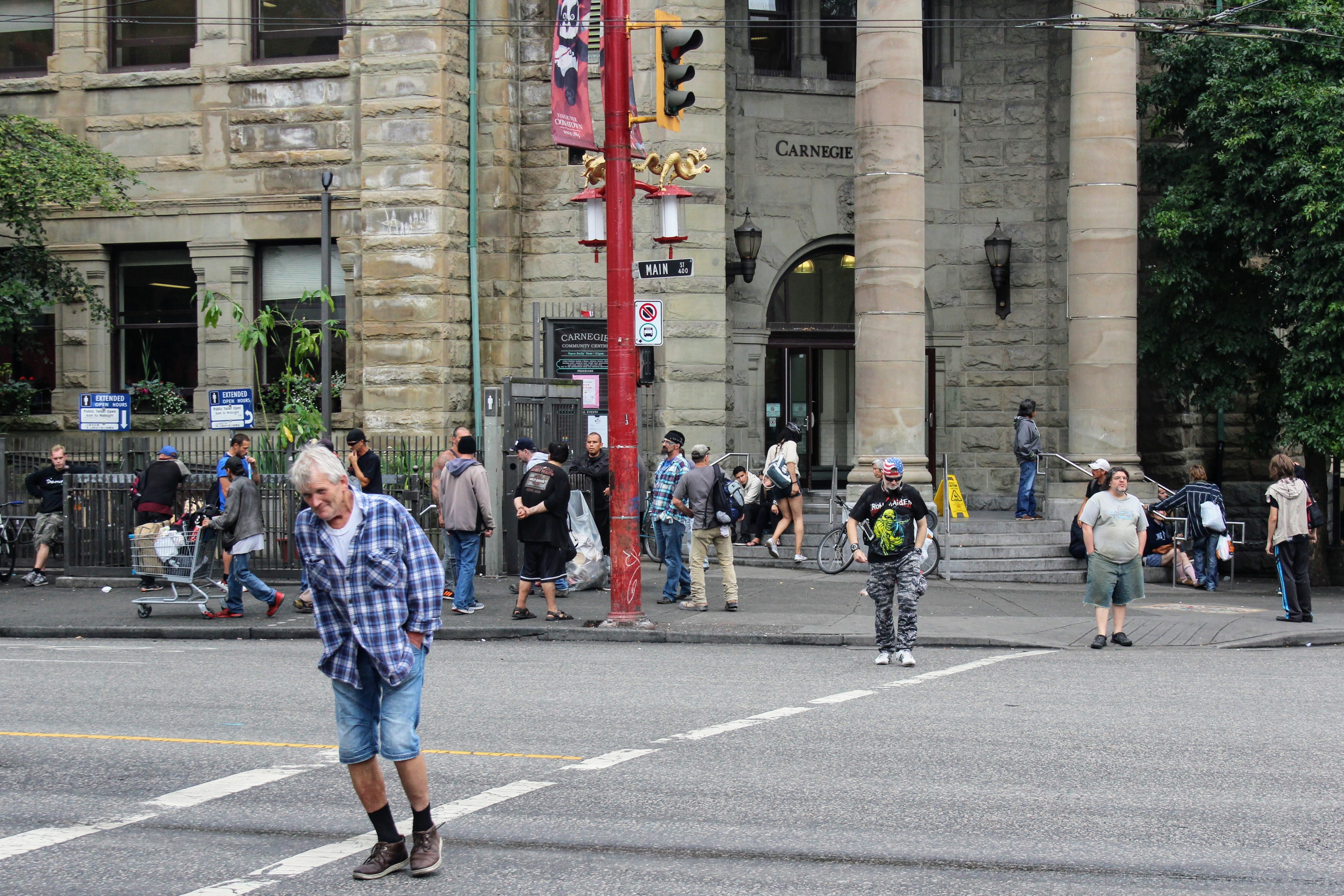
If that’s what settling down means – becoming territorial, defensive and eventually, bitter, than I should do without it. You can have memories, knowledge, understanding of a place, an identity formed around it. You can own a property, have certain rights, have a voice. But you are never “the rightful owner”. The place doesn’t belong to you. “This is my country” mantra can be a force for good, but too often it’s a poison. If I am to have a choice, I prefer to stay a curious and empathic guest than turn into a cynical and disillusioned host.
(Not) Belonging
If home is an umbilical connection to a place where you were born and grew up, then I am spared. That’s because I’m used to being somewhat of an outsider. I spent the first 10 years of my life as a Jewish kid looking Jewish in a Soviet industrial city. I had a pretty happy childhood, but when the borders opened and my parents told me we are immigrating to Israel, somehow I wasn’t surprised. I did the rest of my growing up in Israel, as a “Russian” teenager. Surrounded by other immigrant children, I didn’t feel particularly Israeli up until the army service.

Surprisingly, this turned out to be a valuable experience. Never completely belonging leaves a gap between you and your surroundings. Instead of being glued to one culture, you get a chance to grow and form an identity with ambiguity, with multiple reference points, without developing a symbiotic attachment to the only place you know.
Parents Home
Since 1992 my parents live in the same apartment in Haifa, in the Hadar neighbourhood. This is where I grew up since I was 11, until I finally moved out at 27. Ten years later, with a Pink Floyd poster and a psychedelic woman-tree on the walls, my childhood room is still intact.
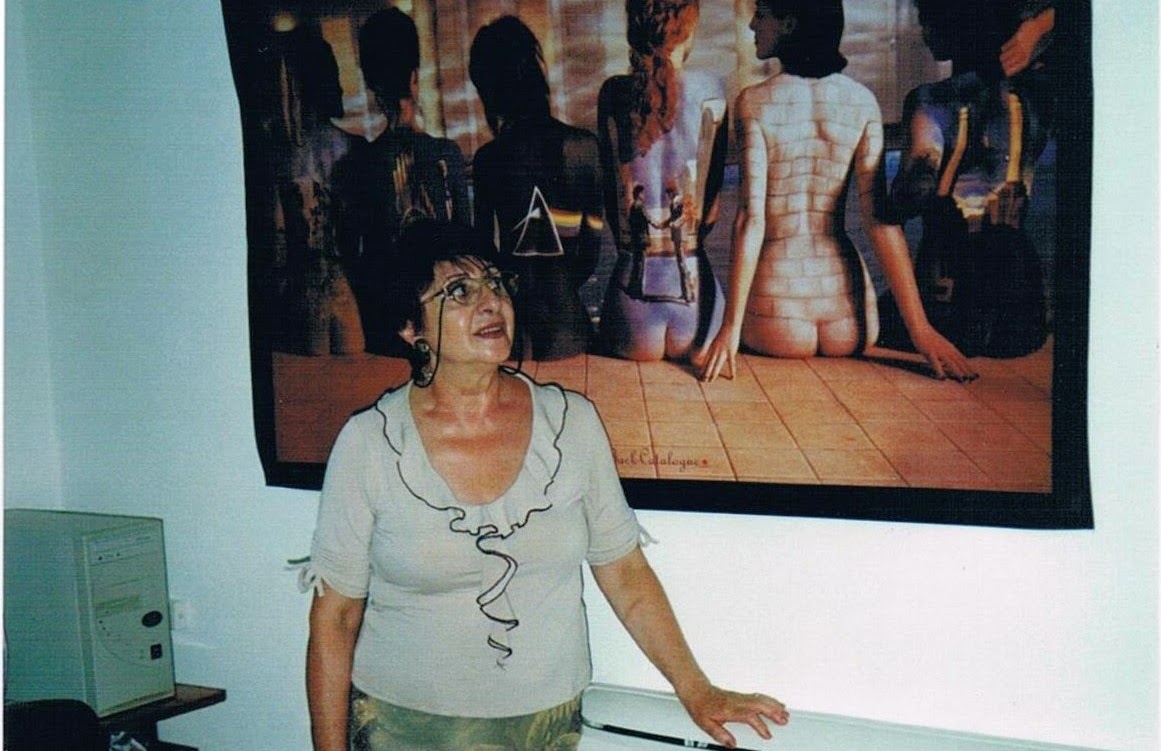
I used to judge people who leave their elderly parents and go abroad in search of adventure or better life. How can they do this? How can they be so selfish? Well, now I am one of those people.
I know plenty of people who stay in their hometown, their home country because they want to stay close to their parents (in Israel, you are still close even if you a move to a different city). They want their children to have grandparents. They want their grandparents to have real-life grandchildren, not just Skype ones. I also would like that. I promise myself we’ll visit them every year. I know it’s not the same.
But here’s what I know for sure: my ability to search and question stems from my childhood home. It’s only because I always knew I am loved, that I am free of extra-baggage. I am able to venture and wander, because I have always felt there is a place for me in this world. And that’s the kind of home that stays with you, wherever you go.
Friends
Or maybe home is where your friends are? The only thing I really miss about our previous life, are those Friday night gatherings in our Haifa apartment, when wine would flow as freely as the conversation and an atmosphere of intimate companionship would engulf us. These friendships anchored my adult life, the way parental attachment anchored my childhood.
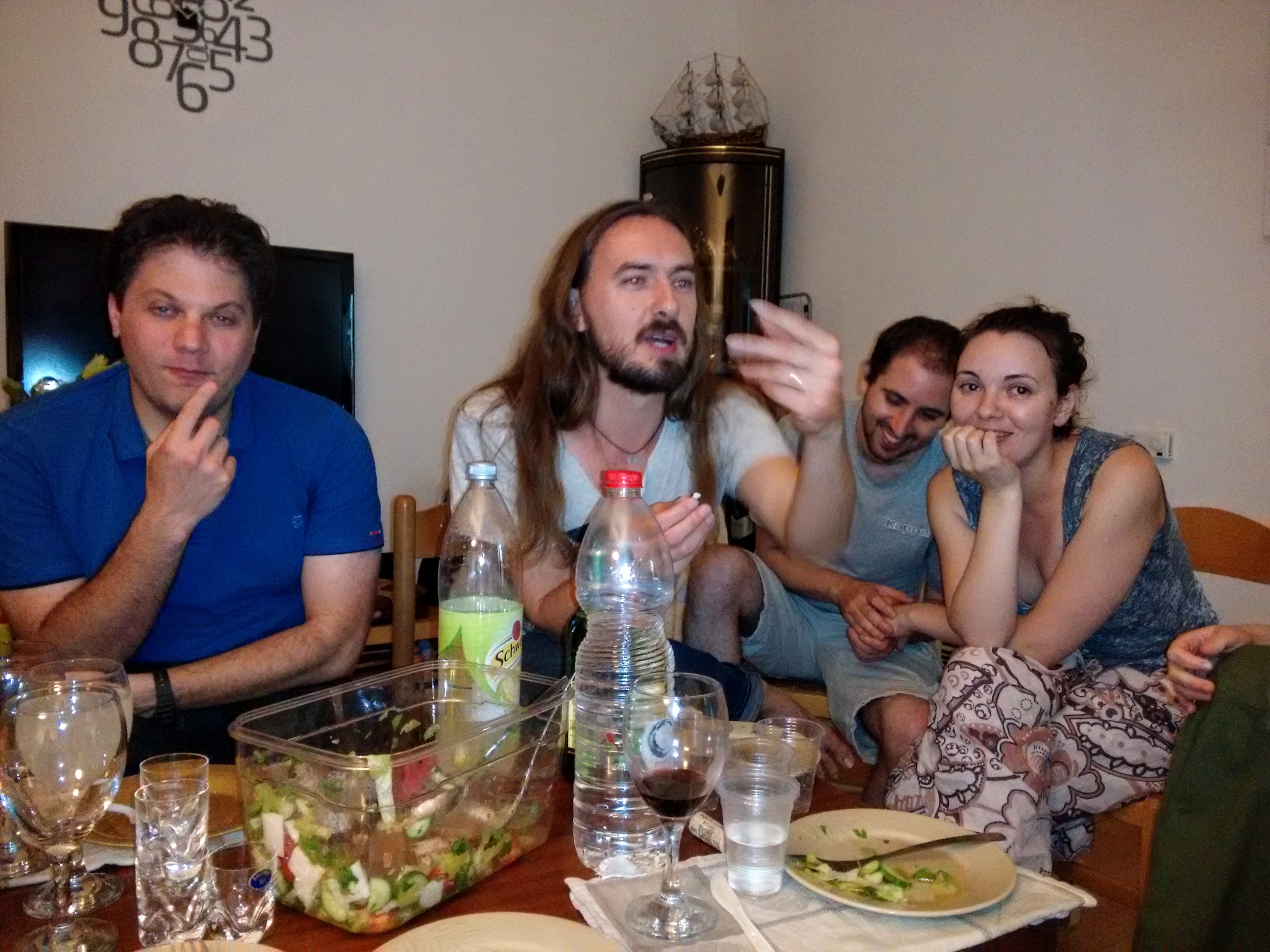
But friends aren’t static attributes of your life. They have an annoying habit of having their own life. They also move in search of something or other. Whenever you feel your life is finally the shape you want it to be, including good friends nearby, you’ll suddenly discover that friends had plans of their own.
Wherever we are on the globe, I still feel very close to my old friends. But that doesn’t mean I don’t seek new friendships. Without friends, a new city is just a touristic getaway: good for a few weeks, but quickly becomes a nauseating exercise in consumption.
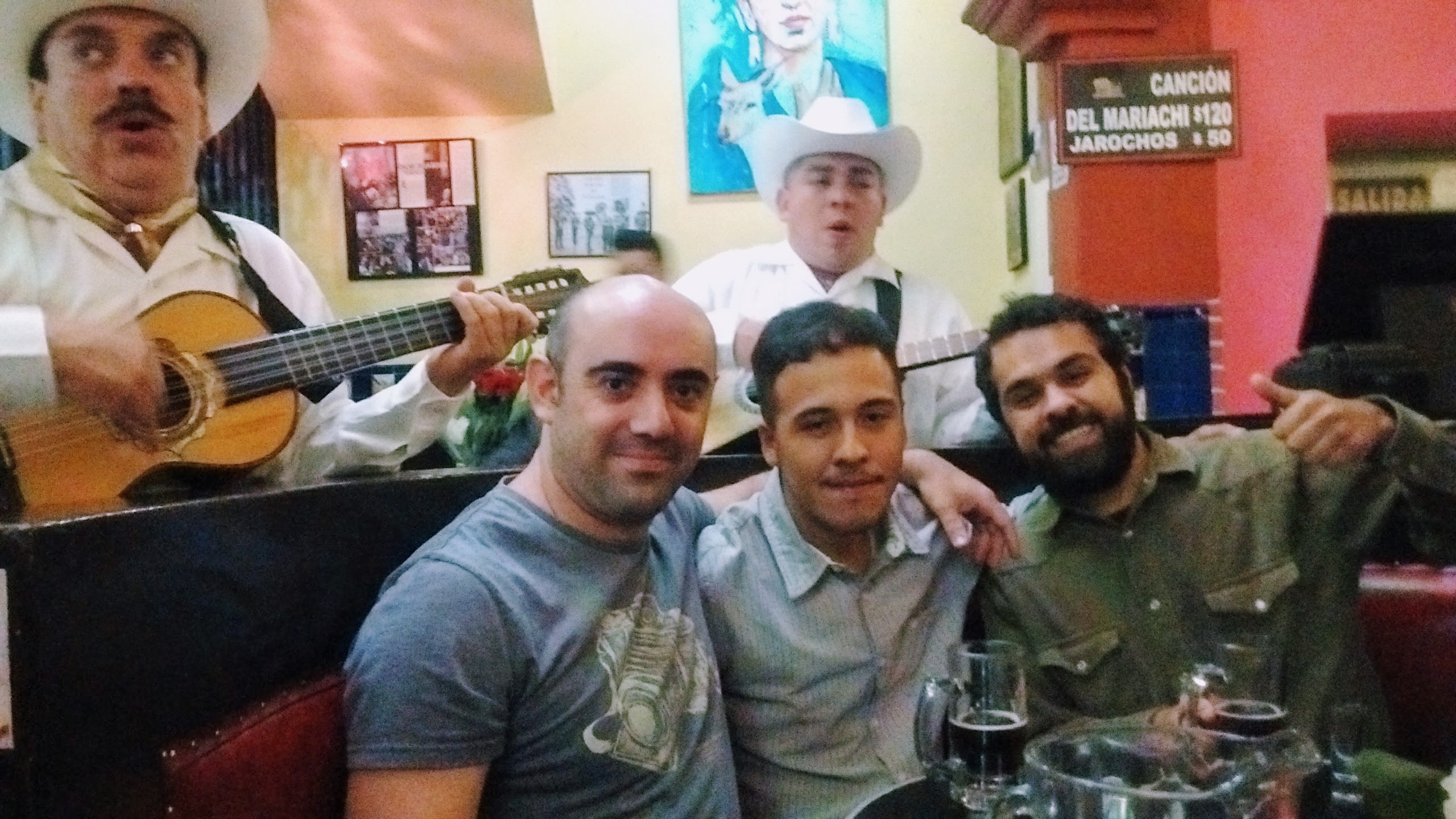
It’s only through the stories locals tell us of themselves, we understand society. Through their experiences we understand recent history.
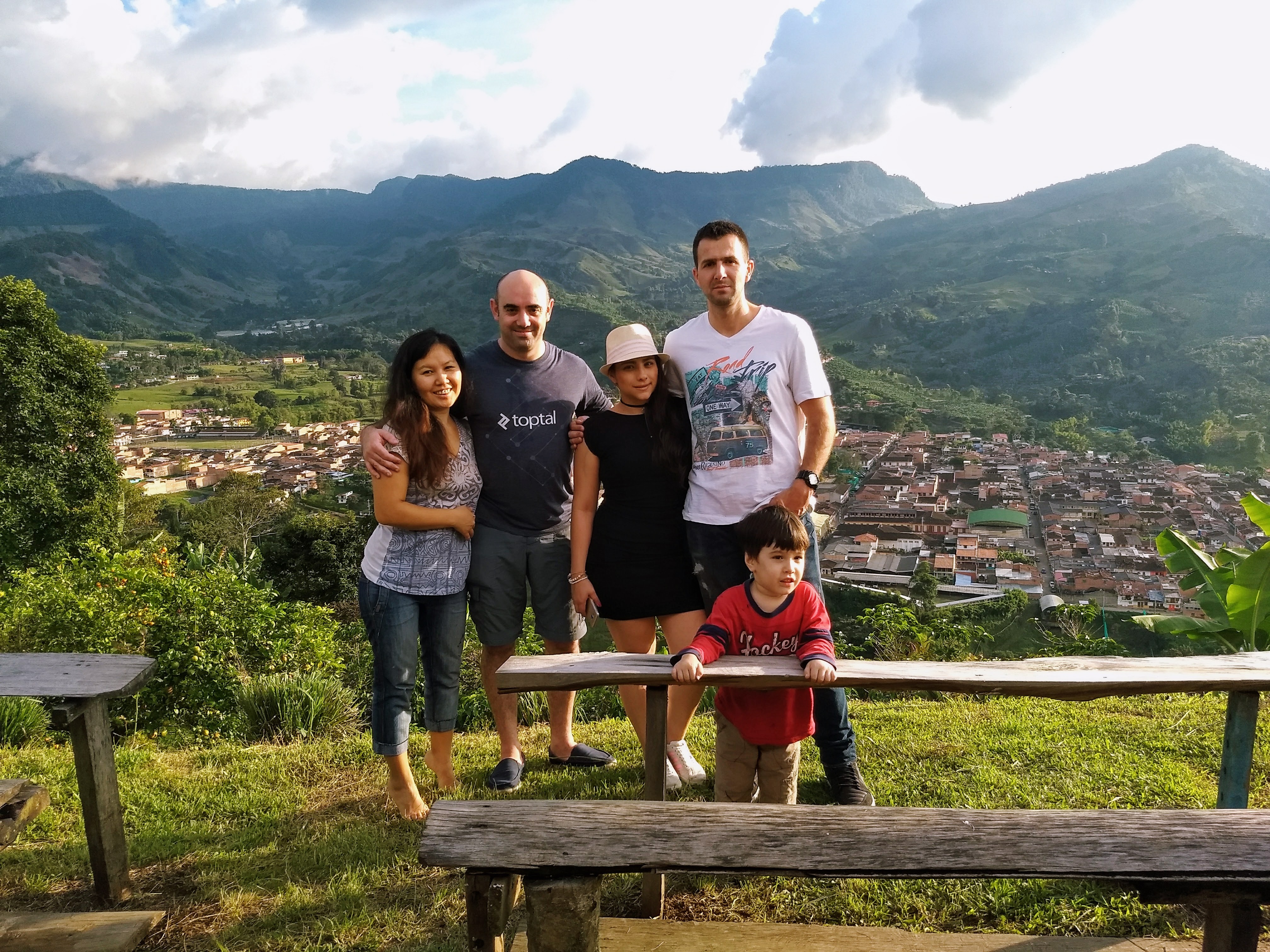
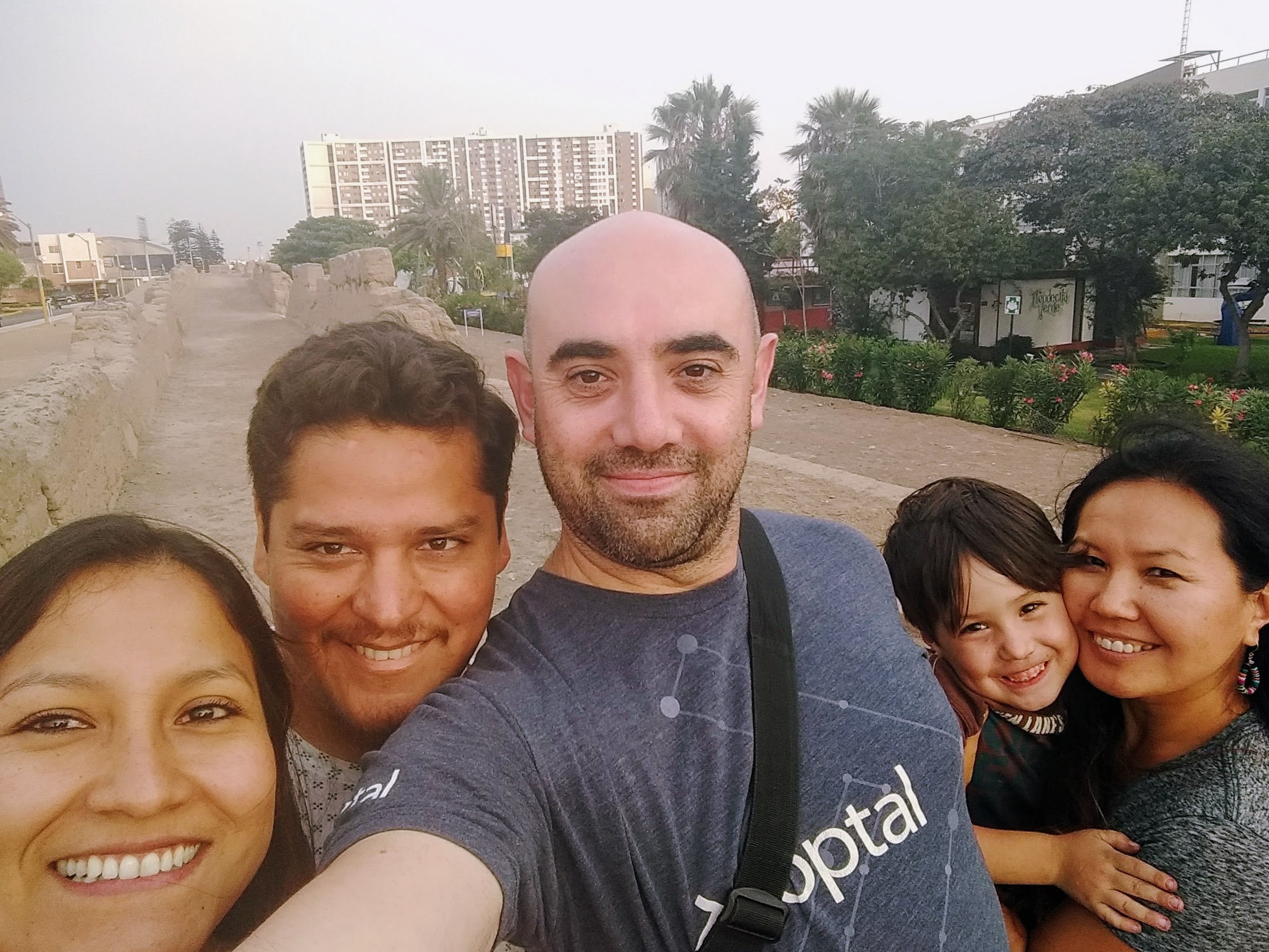
By making new friends, we make new homes. Every friendship extends your visa. Every connection gives you the right to care.
Future
Human connections aside, economic conditions dictate where we live. Limited by language barriers, political borders and the inherent locality of many professional skills, we live where we can work. But the digital economy changes this. If all you need to work is a laptop and Internet connection, the borders disappear.
So here we are, people unburdened by national sentiments, open to new experiences and flavours, probably more anxious and restless than others. Ready to exchange roots for more sun, trade comfort for change, forego deeper understanding for wider perspective.
With so many places to call home, why choose one?
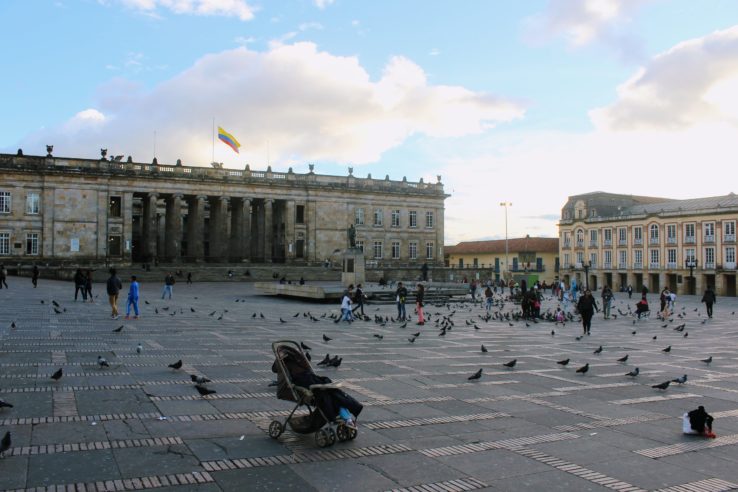


Mike,
An elegant commentary on finding a home or better said understanding what “home” means to you at any given time in your life. Why do we live in a particular place? What makes that place more interesting than another place? Who binds us to a location? All valid questions but in th e end, a person has to decide what fits him/her the best, as it is part and parcel of describing oneself at any given time.
Good luck in your search – at 70 i still search for am comfortable now where i am but seek out new places regularly to visit and dream of life there perhaps sometime in the future.
You and your family are amazing for you are both dreaming of places and living in them as well.
Thank you Sid,
You are certainly one of those people who has multiple homes, interests and loyalties. US, Canada, Israel. Any others?
It’s like this article is about me, except that I’m still cooped up in Hadar and can’t seem to break free of it. Well, at least I actually appear in the article itself 🙂
As someone who recently completed a tour around the world, you seem ready, more than anyone, to trade roots for wider perspective 🙂
Perhaps, but there are two important differences: a) my entire trip was pre-planned with an hourly precision (I knew exactly how long I’m staying at each location), and b) I came back and now more stuck than ever.
You refer to your marketing startup ? Can’t you work on it remotely?
Apparently not, since the startup died during that trip despite my best efforts, including shortening the trip to 76 days. Startups require full attention and I require a full workstation, can’t code even on a laptop (not to mention a tablet).
Sorry to hear it didn’t work out 🙁
I love your answer to this question! I’ve heard that when near death, most people regret both not having spent more time with family and friends, and also not having traveled more.
For me, at age 74, travel is important. I call Tepoztlan, Mor., Mexico, my home. In Sept., I’ll travel to Europe for the first time. My desire is to visit exotic places, like Bali, to learn about other cultures.
On a limited Social Security budget, money is a problem. Soon I will be launching a life coaching career–mostly online.
I’d love to be a friend of yours. Please check out my blog: “Letters From Mexico,” (donkarp.com/myths-about-mexico) and tell me what you think. And how else we might stay in touch (other contact info?).
Thank you Don!
Love your energy and orientation on the future, they are inspiring. Europe is a world into its own, I’m sure you will find it very stimulating.
p.s.
I sent you a private message in messenger.
A great write as usual, man! I miss these friday nights the most, too;) hopefully, we will still have multiple opportunities for evenings loke these in the near future…
Thanks man,
I know we will. That feeling of openness to love, harmony, and being carried on the wings of a free-flowing conversation, that like a melody, has no end, is a dear one 🙂
Haifa will always occupy a special place in my life. In recent years, especially since you moved here, I grew to love her again.
I love how you approached the subject…. which is subject to what one’s definition of “home” is. To me I’m my home as I did not have the luxury of a happy childhood. The upside is that I feel home where ever I am. Isn’t it a funny that one can feel home everywhere because he had a happy childhood and despite of not having had a happy childhood? One must just love human beings because of them bing so unique each and everyone! Safe travels and please more post’s.
Hi dear Claudia,
glad to hear from you!
Interesting observation. For you, it’s a sence of autonomy and independence, that lets you feel at home when you travel.
I remember you once told me that after lots of traveling and spending time abroad, you felt that Switzerland was the place where you want to live from now on. So you found your home 🙂
Great post. My husband grew up in one place and my family moved around. Helps explain why I feel like a nomad at heart and he is more tribal. I feel like I could live anywhere and he wants to remain in the state where he was born.
Hi Lynda,
Thank you! Our childhood experiences definitely shape how connected we feel to one place. But temperament is also a factor. Psychologists use the 5-factor scale to determine type of personality. One of those factors is Openness (to new experiences). Those of us who love traveling and moving around are usually higher on Openness than others.